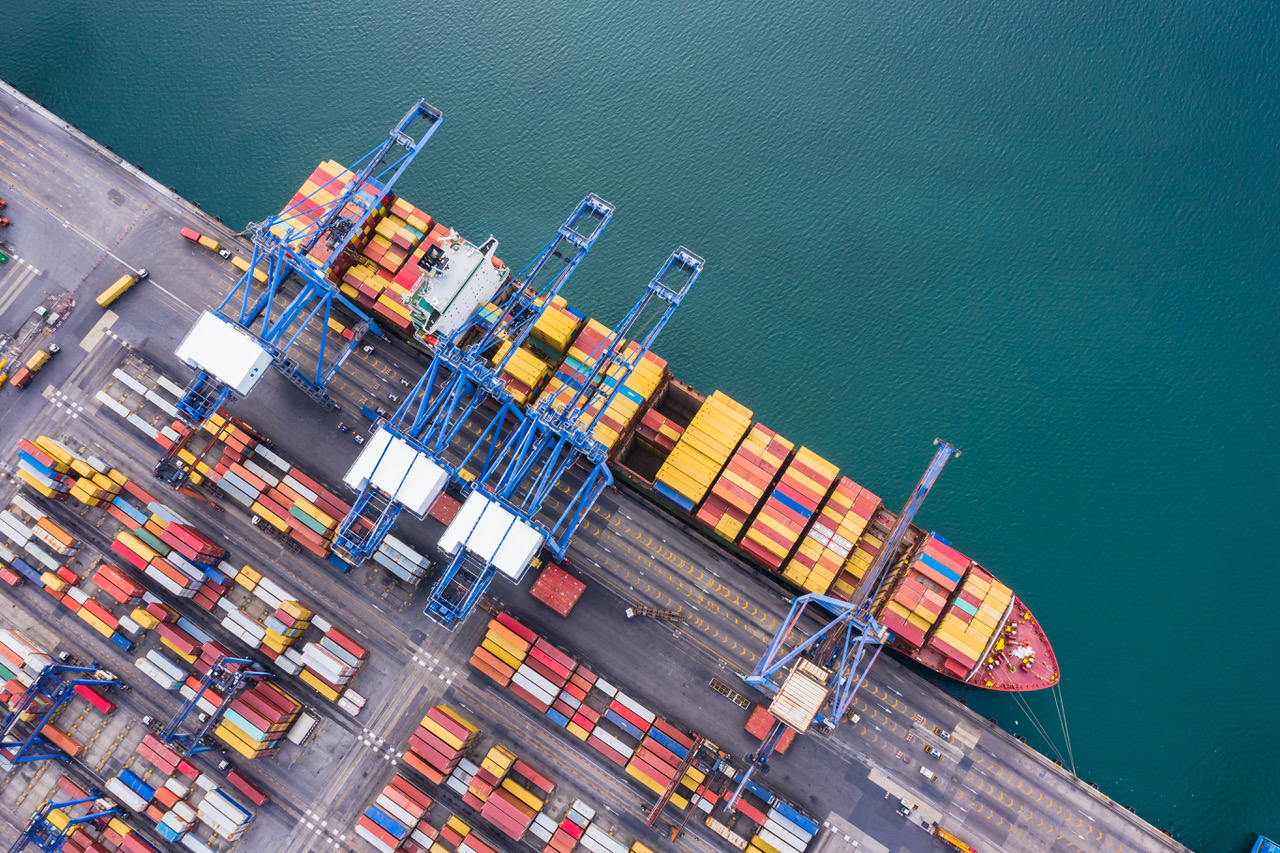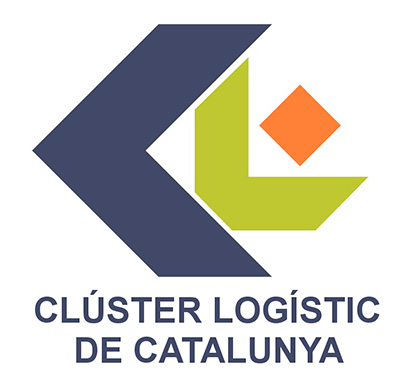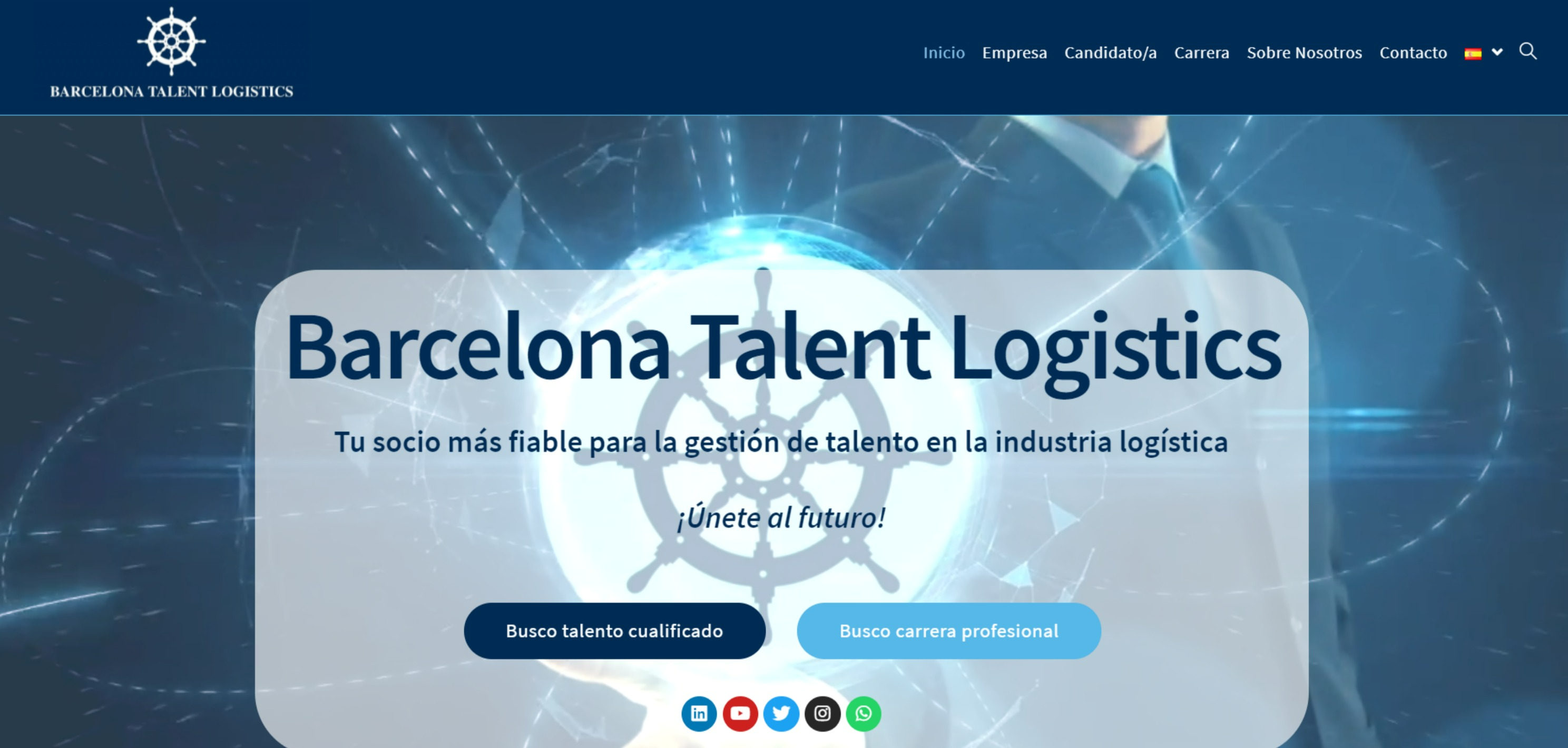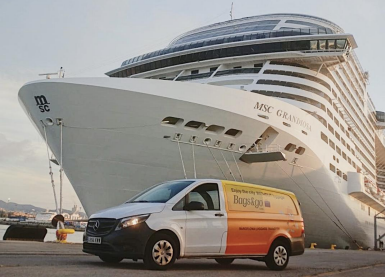Supply chain crisis and its impact on the global trading.
We leave a 2021 full of surprises behind.
This year and for the first time, potential problems in the supply chain become general news. It was bound to happen on one given sector, sea shipping, which stands for 90% of cargo moved globally.
This ending year is marked with two main events regarding sea shipping. March, Ever Given gets stuck at the Suez Canal, causing a global stall and keeps the logistics industry at unease. Year’s end, right before Christmas Sales we suffer the supply crisis. It had to happen sooner or later on one given sector, sea international shipping, which stands for 90% of cargo moved globally.

Sea shipping is both economical and practical. Since their creation in 1956, Cargo containers became the core of globalization. But, for that same reason, now it’s facing natural constraints; well-known limitations that affect considerably the shipped goods cost are: Port operations, available fleet and, no wonder, timings. It’s only impossible to shorten the transit time between Shanghai and Barcelona.
These three conditioning factors set what we experience this year. The first hint came on March, with the Evergreen’s vessel getting stuck at the Suez Canal. Since then, it became clear how brittle the supply chain really is, that one sole event reaches global scale. It also revealed how much in terms of costs and provisioning an event like that can cost.
That affair became merely anecdotic when, not long after, workers started noticing that demand defies the carrying capacity. This outcome takes shape swiftly and the limitation previously stated face two unavoidable facts, after a 2020 ruled by contraction. First, the astonishing rise on goods demand. And, also, the vital need to make profit by the companies.
The outcome is easy to imagine. Ports are facing extreme peak loads. Vessels on the standby are a source of over costs. On top of that China, more reclusive by the day, Hampers real-time tracking of cargo, which compromises its traceability.
All that is taking place alongside the rising in energy costs, making up for an unsettling scenario.
Shipping companies, the firsts beneficiaries
In those settings, the only benefiting are Shipping companies. Freight forwarders like eGlobe will make our best to palliate this situation, of course. But let’s not forget that in the last decade, many shipping companies have disappeared, for they could not compete against the sector giants.
The resulting sector is one under strict oligopoly regime, with its consequent toll on the price. Few things can be done by the remaining tiers in the chain, instead of relocating the increment in price to the final client. A situation that surely will take some time to settle.
But there’s more. This dominant situation preceding this year’s events and it has already risen suspicion and complaints among the providers of logistical.
Short-term consequences are difficult to prevent. For some, everything will resolve thanks to market adjustments, where global commerce shall get used to: returning fruitful activities to import countries and taking more protective measures.
Others, support the idea of this current situation longing still for some years. Reoccurring problems are too numerous to foretell a quick recovery: energy, raw materials, production structures… All of them work against short or mid-term solutions.
However, this point of view introduces advantages too. The apparition of new shipping companies that increases competitivity can be expected, and a change in prices downward.
So, in the meantime, ¿What do we do?
Logistic operators are left tasked with searching, foreseeing and preparing. And, on top of that, must focus on the clients and partners, against big multinationals, whose interests doesn’t always agree with importers and exporters.
Our focus is to facilitate tasks for clients and workers alike with dedicated technologic solutions, high reactivity focused on improvement and efficiency, also, proximity granted by our global correspondent network.
eGlobe
Freight forwarder from Barcelona offering full transport solutions from efficiency, transparency and professionalism. With a strong sense of closeness and custom service.
If you’re planning to ship your goods, at eGlobe we work with all kinds of portages, and very competitive prices. We encourage you to order a contribution without any obligation.

Alineem estratègies i sumar esforços per potenciar l’activitat industrial a les pimes | Alineamos estrategias y sumar esfuerzos para potenciar la actividad industrial en las pymes.






 During the process of industrialization, companies began to work in a more complex logistics chain to reduce the essential objectives of the industrial company in the most efficient way possible with minimal effort. The companies that adapted to the changes in the logistics of their production chain were positioned as leaders during this time, acquiring great competitive advantages.
During the process of industrialization, companies began to work in a more complex logistics chain to reduce the essential objectives of the industrial company in the most efficient way possible with minimal effort. The companies that adapted to the changes in the logistics of their production chain were positioned as leaders during this time, acquiring great competitive advantages.
